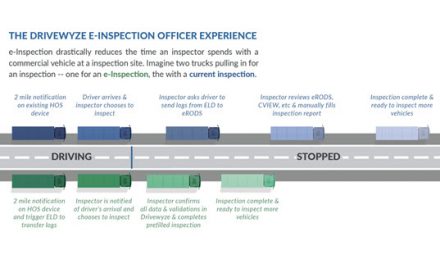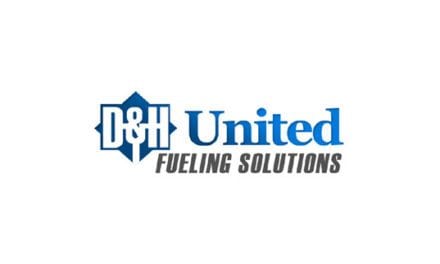U.S. Department of Agriculture Secretary Tom Vilsack recently announced a new Climate-Smart Agriculture and Forestry (CSAF) Partnership Program designed to scale the deployment of climate-smart farming practices and demonstrate the link those practices have on reducing greenhouse gas (GHG) emissions from products such as biofuels. American Coalition for Ethanol (ACE) CEO Brian Jennings today submitted comments on how the program should be designed to establish a marketplace at scale that rewards farmers and biofuel producers for the role they play in reducing GHG emissions.
ACE considers the proposed CSAF Program as an opportunity to expand upon the recently announced $7.5 million Expanding Soil Health Through Carbon Markets Regional Conservation Partnership Program (RCPP) project, which ACE is leading with project partners South Dakota Corn Growers, Dakota Ethanol, South Dakota State University, Cultivating Conservation, and collaborator Sandia National Labs. ACE’s comments on the program reflect this objective by outlining how USDA can implement the CSAF Program in a manner that allows for the scaling of farmer access to Low Carbon Fuel Standard (LCFS) markets through the establishment of validated, non-proprietary verification protocols. ACE’s comments today were complemented by those submitted by RCPP project partners Cultivating Conservation and South Dakota State University.
The ACE-led RCPP project will facilitate access to state-based LCFS markets, but it does not account for variabilities across regions and does not ensure that other farmers and ethanol companies will be granted LCFS market access. However, ACE’s project could be scaled to additional sites through the CSAF Program. ACE would use the CSAF Program to gain access to existing state-based LCFS markets, like California’s, and those we expect will be developed based on momentum for new clean fuel policies in Midwest states.
ACE’s feedback underscores that the key to gaining LCFS market access based on NRCS climate-smart conservation practices is by generating better localized quantification and verification of the GHG reductions achieved by these practices. In the case of ACE’s RCPP project, Dakota Ethanol estimates if California credited its farmers for adopting NRCS approved no-till practices with the LCFS program, it would mean between $10 and $12 million a year in premiums for their ethanol. This translates to an approximated $0.39 per bushel for corn grown using climate-smart agriculture practices.
“By providing CSAF payments to farmers who adopt climate-smart practices across a diverse cross-section of the corn belt — combined with CSAF funding for a non-proprietary quantification, verification, and modeling system — CSAF participating ethanol facilities will collect the localized data required to secure access to LCFS markets that includes on-farm contributions,” Jennings detailed in the comments, adding that “USDA should establish a program of GHG and carbon reduction price reporting to provide timely, accurate, and reliable market information, facilitate more informed farmer market decisions, and promote competition in GHG and carbon sequestration credit markets.”
The comments conclude by reiterating that the CSAF Program can best ensure fair compensation (and hence robust farmer participation) by requiring that all quantification and verification protocols developed with CSAF funding are non-proprietary, and mandatory carbon credit price reporting for all CSAF Program projects.








